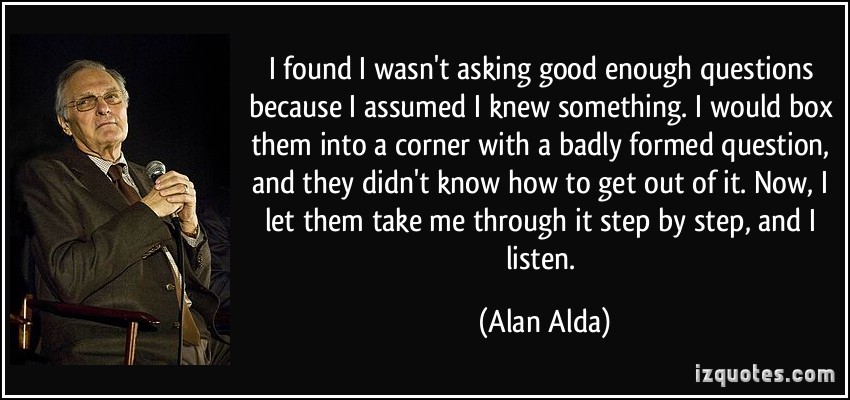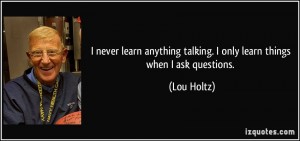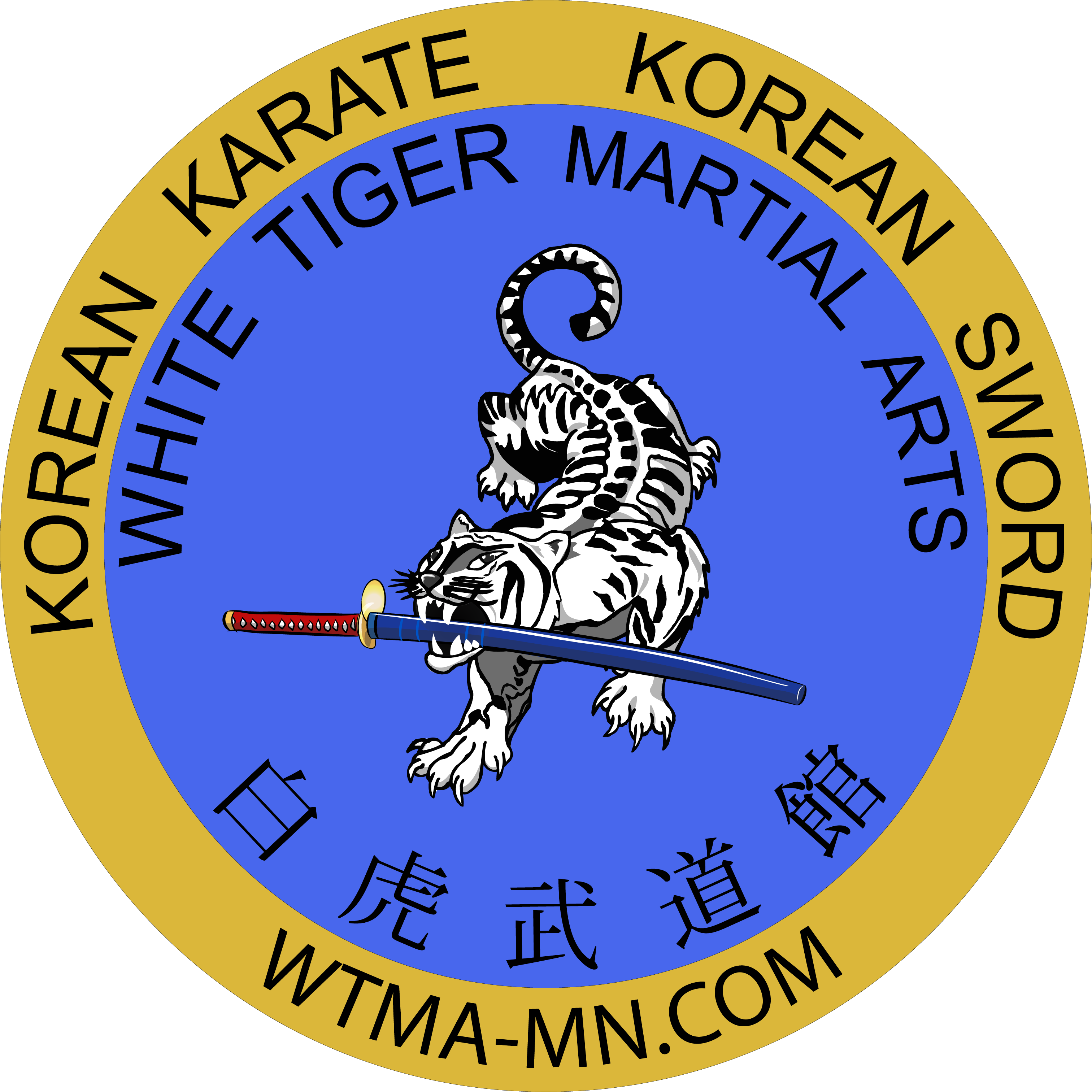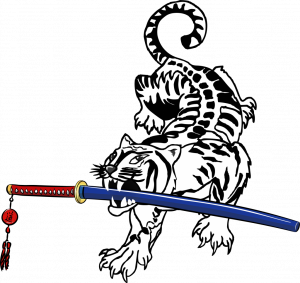I’ve been a LONG time fan of the show NCIS. I’ve appreciated Mark Harmon’s work ever since seeing him in “The Presidio” along with Sean Connery. One standard of NCIS, though, is that Gibbs’ rules are awesome. The show has done a good job of handing out these rules over the whole series. Many are valuable life lessons as well.
 Not asking questions is often caused by pride. If you can’t accept being wrong or having someone see that you don’t know something, it is your pride and ego blocking you from getting help. The concern over how you “look” to others will close off all the the support that is available. The way you respond to others will instantly make people assess whether the difficulty of working with you is worth it or not. Things like “talking back” (using comments that start with “I know”, “But…” or “That’s because…”) will quickly lead to you being left alone because you will not be worth the frustration that you will cause.
Not asking questions is often caused by pride. If you can’t accept being wrong or having someone see that you don’t know something, it is your pride and ego blocking you from getting help. The concern over how you “look” to others will close off all the the support that is available. The way you respond to others will instantly make people assess whether the difficulty of working with you is worth it or not. Things like “talking back” (using comments that start with “I know”, “But…” or “That’s because…”) will quickly lead to you being left alone because you will not be worth the frustration that you will cause.
One of the fastest ways that martial artists lose their ego comes from the growth and evolution of the arts. Since the martial arts are living and growing, there often are adjustments and changes brought into training. Some are simply to help prevent boredom or to present a consistent performance. Others are fully part of the technical development in the art. When these changes are presented, the senior students will say “Yes, Sir!” and jump into working on them. Granted, these are also the people who should have figured out how to ask questions, so they will start collecting them to present later. “Why?” you ask. The work will be done first to allow time for some understanding to happen. It may be physical understanding without any further depth, which is fine. The rest of the answer will come later in the post.

While this is the most common reason that students don’t ask questions, the other is not understanding how to learn. This is more often seen in the natural athletes who train. Their coordination, strength and speed allow the “performance” of the techniques but understanding is missing. This can also happen with very intelligent people with a subject that is outside their interests. Since they think they know things, they don’t know that they don’t know, so they don’t ask questions. The illustration of this version is when you have students, who have been in class for a long time, performing techniques the same as the new students. No development of technique has happened since they feel that they are already doing it the best that can be done. These students may start asking questions but they can be very simple as they are not used to asking. One of my favorite in this portion came from a student asking a guest teacher about a particular stance. The student’s question went like this, “When you do that stance, do you do like this (positions himself in the stance) or like this (moves his front foot forward [literally] an inch?” He did get one of the martial arts classic answers – “Yes.”
Both of these causes will disappear as the student grows emotionally and knowledge starts to develop. The stage prior to this, though, is still not asking questions. It is talking too much. Granted, subject matter like history and lineage can only be passed on through discussion. The reason that talking is problem comes from using it as an avoidance technique from doing the work that they don’t understand. How often do you see students chatting instead of working on their assignments? It may be from their pride yet (telling themselves that they are good enough) but commonly it comes from being afraid to ask questions.

Now, back to why the senior students will begin working on the changes before asking questions. After listening to the change information, time spent working on it allows the student to see what parts of their knowledge is already included in the change. The knowledge that is already there helps smooth the change into a usable version. The knowledge that isn’t there becomes questions for greater understanding. It is important to recognize that you don’t know. That emotional development and intellectual growth creates the opportunities to ask quality questions. These questions provide for the answers to provide more clear understanding and allow for tangent portions of deep knowledge to be provided. It should be just as much fun for the student to see their teacher’s eyes light up with a thought as it is for the teacher to see the student’s light bulbs come on or brighten.
Author: Master Robert Frankovich
As you read and enjoy the posts on this site, please consider “sharing” them! The “likes” help generate additional readership but “sharing” will help even more! Thank you for your assistance!
If you have questions, please feel free to contact me!


